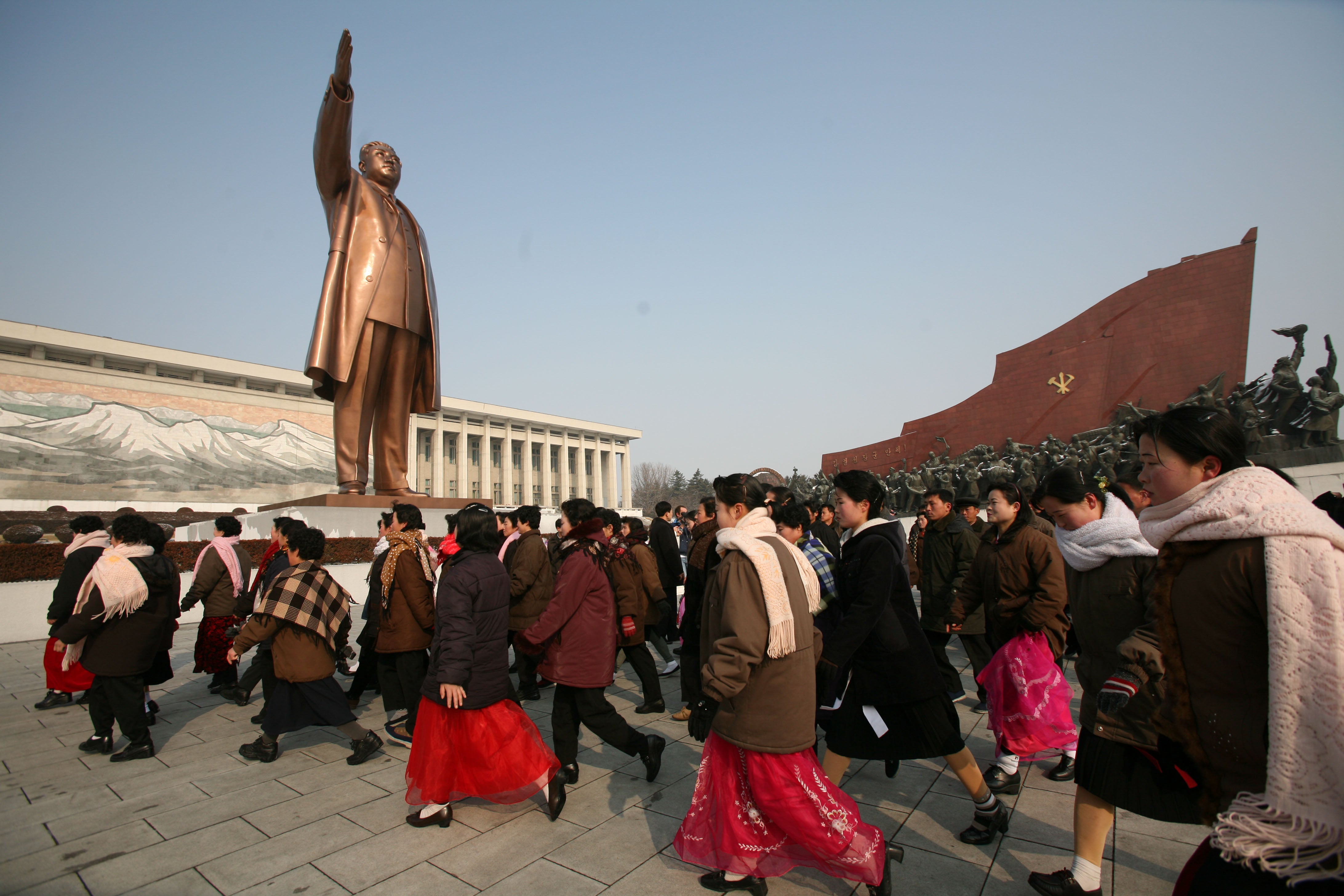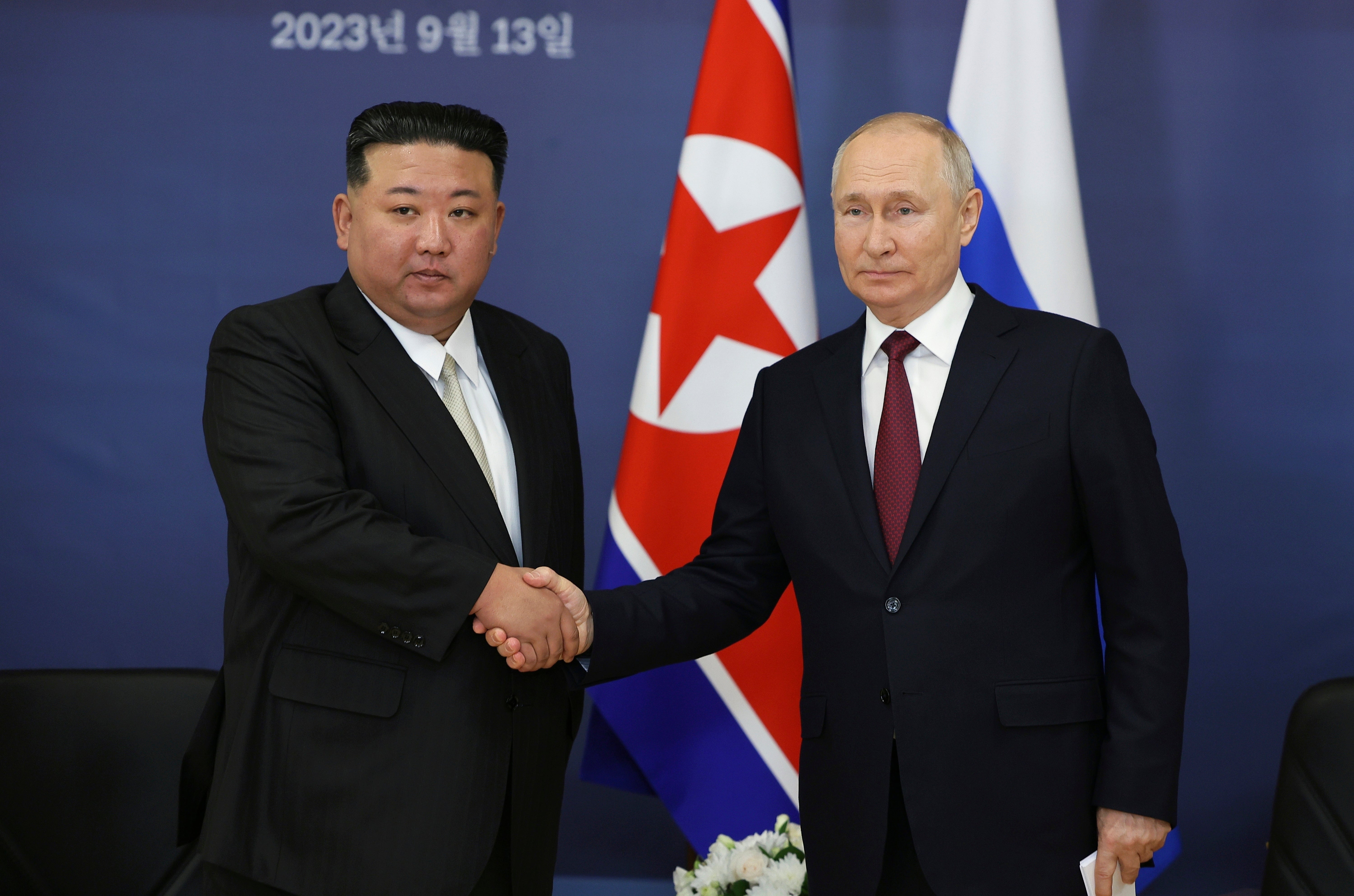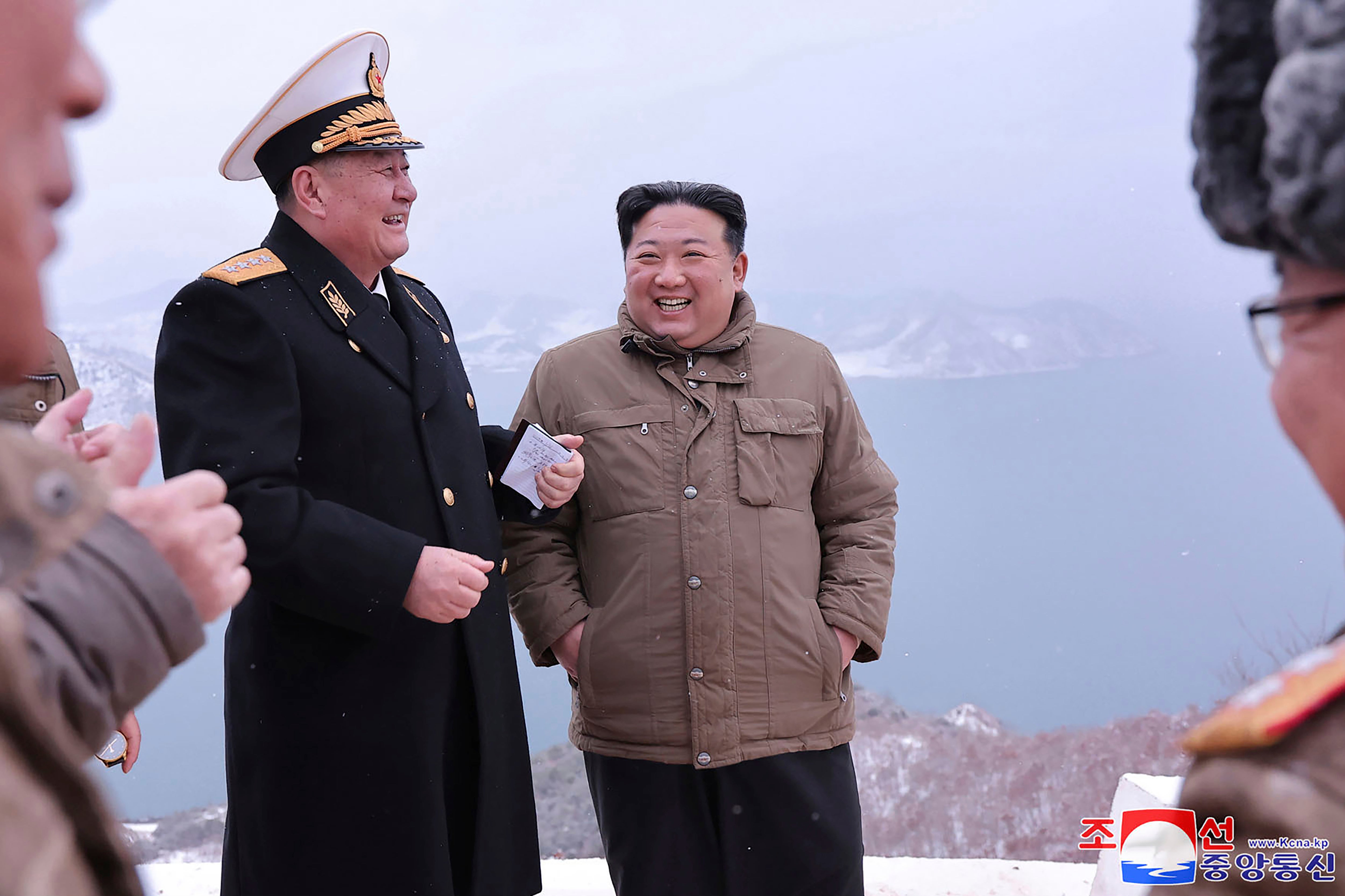Thousands of North Korea defectors reveal what it’s really like to live in Kim Jong-Un’s isolated state
The first report of its kind revealed more about life in the secretive country

Your support helps us to tell the story
From reproductive rights to climate change to Big Tech, The Independent is on the ground when the story is developing. Whether it's investigating the financials of Elon Musk's pro-Trump PAC or producing our latest documentary, 'The A Word', which shines a light on the American women fighting for reproductive rights, we know how important it is to parse out the facts from the messaging.
At such a critical moment in US history, we need reporters on the ground. Your donation allows us to keep sending journalists to speak to both sides of the story.
The Independent is trusted by Americans across the entire political spectrum. And unlike many other quality news outlets, we choose not to lock Americans out of our reporting and analysis with paywalls. We believe quality journalism should be available to everyone, paid for by those who can afford it.
Your support makes all the difference.Thousands of North Korean defectors have revealed what life is like in the isolated state in the biggest study of its kind.
The 280-page report on North Korea‘s economic and social situation issued on Tuesday was based on interviews with more than 6,300 defectors between 2013 and 2022.
The majority of North Koreans who resettled in South Korea over the last decade said they never received government rations in the isolated state and had to rely on an informal market to survive, a study issued by Seoul’s unification ministry showed.
The ministry began such surveys in 2010, but this is the first time results have been publicly released.
North Korea has faced serious food shortages in recent decades, including a famine in the 1990s, often exacerbated by natural disasters. Its economy has been hit by international sanctions, as well as slumping border trade during the pandemic.
More than 72% of defectors who arrived between 2016 and 2020 said they never received government food rations in North Korea, the study showed, compared with 62% of those who came before 2000.
About half of the 2016-20 arrivals said they did not receive any salaries or food from work, up from about a third before 2000.

Nearly 94% of all respondents said they could make money at markets. People who escaped in 2016-20 said 69% of family income was made informally, compared with the pre-2000 group, who reported around 39%.
“We could confirm that the North Korean residents’ housing, medical and educational environments are still underdeveloped, and marketisation continues in many aspects of their livelihoods for survival,” Unification Minister Kim Yung-ho said in the report.
Thirty-seven percent of all respondents said they were deprived of at least 30% of their income by officials; that number rose to 41% after leader Kim Jong Un took power in late 2011, the report said.
More than 54% of defectors who came in 2016-20 said they had bribed officials in the authoritarian state, compared with 14% before 2000.

North Korea‘s Kim last month warned a meeting of the country’s ruling Workers Party of Korea that failing to provide people with basic living necessities, including food, was a “serious political issue”, state media reported.
On political questions, 56% of respondents who fled after 2016 had negative views on Kim taking power, while 26% saw his dynastic succession as legitimate.
Less than 30% of respondents supported hereditary succession, compared with 57% among those who escaped before 2000.
The study also pointed to the growing influence of outside culture, with 83% of the defectors who arrived after 2016 reporting they had watched foreign video content such as Chinese or South Korean dramas, up from about 8% before 2000.
Join our commenting forum
Join thought-provoking conversations, follow other Independent readers and see their replies
Comments